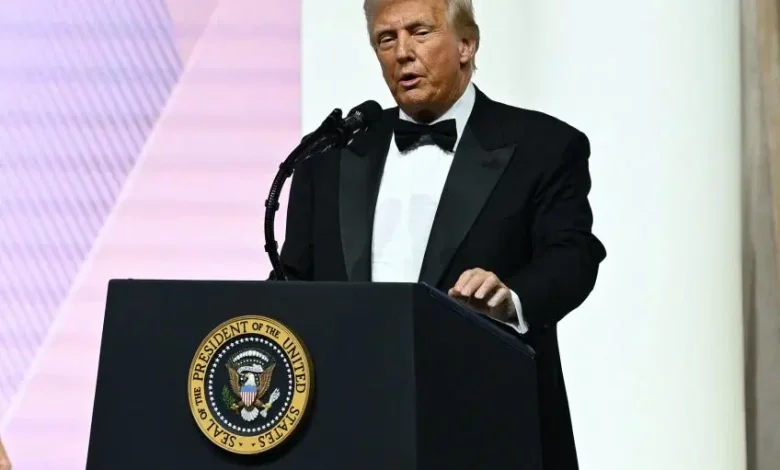Trump Signs Executive Order to End Birthright Citizenship and Reshape Immigration Policy

On Monday, President Donald Trump signed a controversial executive order aimed at ending birthright citizenship, a right enshrined in the U.S. Constitution and affirmed by the Supreme Court over 125 years ago. The action is part of a series of executive measures that Trump introduced to overhaul federal immigration and border policies, many of which are anticipated to face significant legal challenges.
In his inaugural address, Trump framed these actions within his broader agenda to protect the U.S. from what he described as “threats and invasions.” He stated, “As commander in chief, I have no higher responsibility than to defend our country,” highlighting his commitment to addressing issues he perceives as national security threats related to immigration.
Birthright Citizenship Under Scrutiny
Trump’s executive order directly challenges the interpretation of the 14th Amendment, which guarantees that anyone born on U.S. soil is a citizen, regardless of their parents’ immigration status. The 14th Amendment reads: “All persons born or naturalized in the United States, and subject to the jurisdiction thereof, are citizens of the United States and of the State wherein they reside.” This principle has been upheld by the courts for over a century.
Under the new order, Trump directed federal agencies to stop issuing U.S. passports, citizenship certificates, and other documents to children born in the U.S. to parents who are in the country illegally, as well as to children born to temporary visa holders whose parents are not U.S. citizens or permanent residents. This directive, which would not apply retroactively, is set to go into effect within 30 days.
This executive action has immediately sparked legal opposition, with the American Civil Liberties Union (ACLU) and other advocacy groups filing lawsuits challenging the order in federal court, arguing that it is unconstitutional and violates the rights guaranteed by the 14th Amendment.
Suspension of Asylum Law
In addition to the birthright citizenship changes, Trump’s executive order also aims to suspend U.S. asylum law, citing concerns about what he referred to as an “invasion” at the southern border. Trump authorized U.S. officials to “repel, repatriate, or remove” migrants, effectively preventing their physical entry into the U.S. The order suspends asylum procedures until Trump issues a determination that the “invasion” at the southern border has ended.
This broad action invokes presidential powers to bypass existing U.S. asylum law, which requires the country to process asylum claims from individuals who seek refuge due to fear of persecution in their home countries. Critics argue that the order could violate international human rights obligations and the legal right to seek asylum in the U.S.
Legal and Political Fallout
Both the birthright citizenship policy and the suspension of asylum laws are expected to face lengthy court battles. Legal experts and civil rights groups have already voiced strong opposition, arguing that these actions overstep constitutional protections and could undermine the fundamental rights of individuals.
Trump’s administration has frequently challenged established norms regarding immigration, often portraying migrant flows as security threats. The president’s latest actions align with his long-standing rhetoric on immigration, focusing on border security and curbing what he calls “illegal immigration.”
Immediate Reaction
The legal challenges to the executive orders are likely to delay or alter their implementation. However, Trump’s administration has signaled that it will aggressively pursue these policies, emphasizing the president’s commitment to reshaping the nation’s immigration system in line with his campaign promises. As legal disputes unfold, the broader political landscape surrounding immigration and birthright citizenship will continue to evolve.





